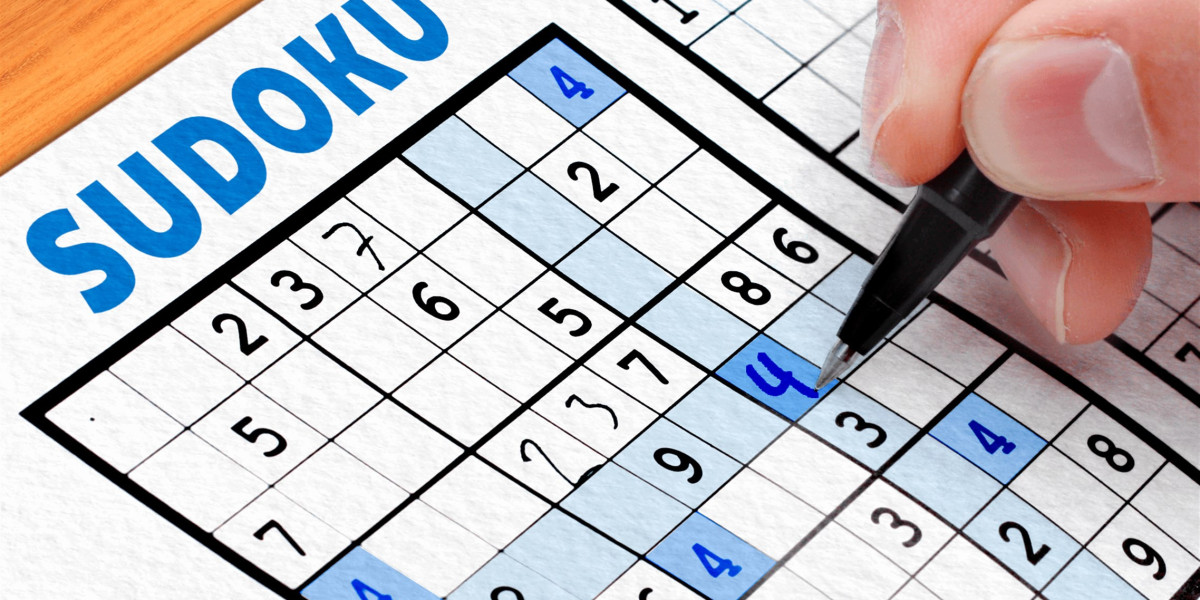The Calm Before the Confusion
At first glance, Sudoku feels like a simple logic game: fill each row, column, and 3x3 box with numbers 1–9 without repeating. Easy, right? But as you start, the simplicity fades fast. Every number affects another; one wrong guess can destroy your entire puzzle. It’s like playing chess against yourself — except your opponent is your own impatience.
I used to rush, thinking speed equaled intelligence. Big mistake. Sudoku quickly taught me that slow thinking is powerful thinking. Each number demands attention, each blank cell whispers possibilities. It’s weirdly peaceful — your thoughts quiet down, replaced by patterns and reasoning.
The Day I Almost Gave Up
There was one puzzle that almost broke me. It was labeled “Hard,” and that word wasn’t lying. For two days, I returned to that same grid, only to end up erasing everything again and again. I tried guessing, double-checking, even pleading with the puzzle (as if numbers could listen).
Then something clicked. I realized that Sudoku isn’t about filling numbers — it’s about seeing connections. A 3 in one column silently eliminates possibilities elsewhere. A missing 7 can reveal a whole pattern if you’re patient enough. Once I saw that, the puzzle unraveled smoothly, like a knot loosening on its own.
When I placed the final number, I didn’t just feel smart — I felt calm. Like I had solved a little piece of life itself.
Why Sudoku Feels So Personal
There’s something strangely human about Sudoku. It mirrors the chaos of daily life — a mix of order and unpredictability. Some days, the puzzle flows effortlessly; other days, everything feels stuck no matter what you try. But if you keep going, eventually, things make sense again.
It’s also a rare kind of focus in a distracted world. When I play, notifications, worries, and deadlines fade away. It’s just me and the grid. Sometimes, that’s all you need — ten quiet minutes of pure concentration to feel like yourself again.
Lessons I Didn’t Expect to Learn
After playing Sudoku for a few months, I noticed small changes in how I think.
Patience. I no longer rush to find answers. I take time to see the whole picture.
Confidence in logic. Instead of guessing in life (and puzzles), I look for facts first.
Embracing mistakes. Every wrong number is a lesson, not a failure. The best players don’t avoid errors — they notice them faster.
I even started using Sudoku as a mental warm-up before work. Solving one grid over coffee makes my brain sharper and calmer, like stretching before a workout.
The Fun, Silly Side of It
Not every Sudoku story is deep or meaningful, though. I’ve had hilarious fails too. Once, I confidently finished a “Medium” puzzle, feeling invincible — until I realized I had placed two 4’s in the same row. Another time, I spent 20 minutes trying to figure out why a puzzle seemed impossible… only to discover I had accidentally switched to “Expert” mode.
And let’s be honest — there’s something oddly satisfying about scribbling numbers, crossing them out, and finally seeing that grid complete. It’s like the adult version of coloring inside the lines.
My Little Tips for Anyone Starting Out
Don’t rush. Sudoku isn’t a race; it’s a dialogue with logic.
Look for the obvious first. Fill the easy numbers before diving into tricky spots.
Use pencil marks. They’re lifesavers when you want to track possibilities.
Take breaks. Sometimes the answer appears right after you step away.
Enjoy the process. Solving isn’t just about finishing — it’s about noticing how your brain works.
With these, even a beginner can turn frustration into fun.
Why I Still Play Every Day
It’s been over a year since I started, and Sudoku has become my quiet therapy. Whenever life feels messy or loud, I open a new puzzle. The rules never change, and that constancy is comforting. In a world full of noise, Sudoku offers structure — a reminder that order is possible if you look closely enough.
Sometimes I even joke that Sudoku understands me better than people do. It doesn’t talk, doesn’t rush, doesn’t judge. It just waits patiently until I’m ready to solve it.
The Moment of Satisfaction
There’s nothing quite like the moment you fill the final cell. You lean back, take a deep breath, and smile. It’s not about winning — it’s about clarity. Everything that was confusing a few minutes ago now fits perfectly. That little 9x9 square becomes proof that patience and logic can fix almost anything.
And maybe that’s why Sudoku feels therapeutic — it’s a tiny, daily reminder that problems can be solved, one step at a time.
Final Thoughts
Sudoku started as a time-killer for me, but it’s become so much more — a daily ritual, a thinking tool, even a form of meditation. It’s where I go when I need peace, challenge, or just a few moments of quiet satisfaction.
Next time you’re scrolling mindlessly on your phone, try opening a Sudoku instead. You might be surprised by how calming it feels to wrestle with logic and find balance in a grid of numbers.







